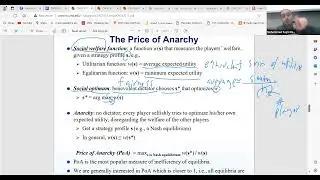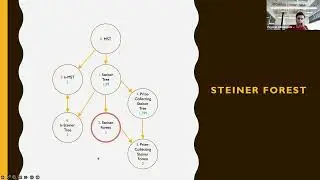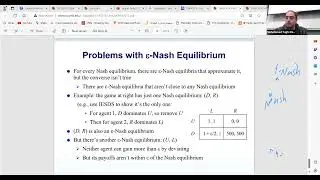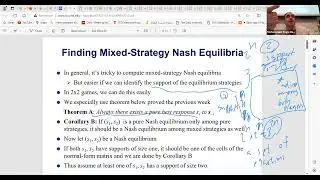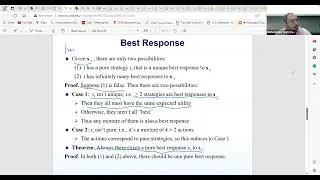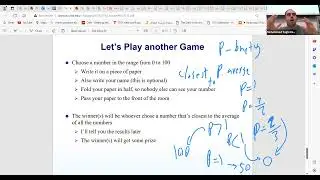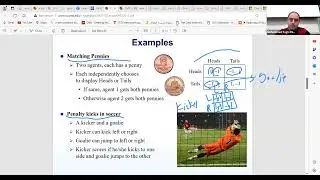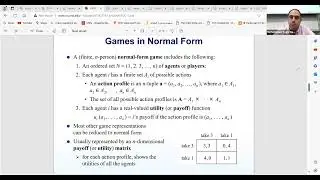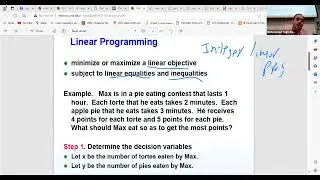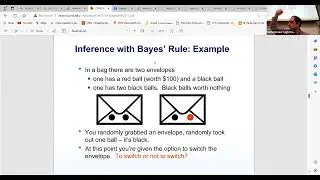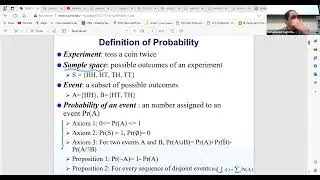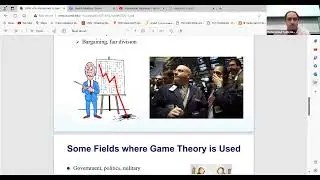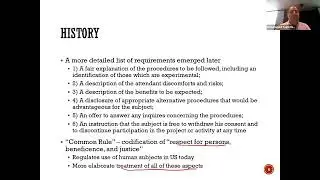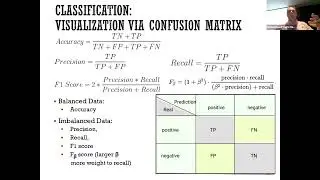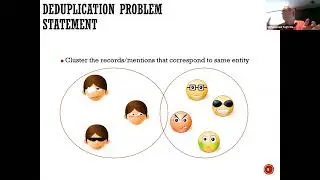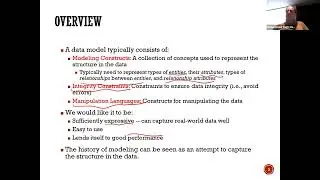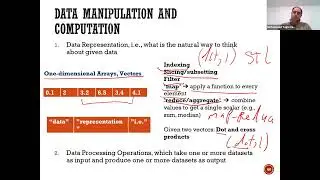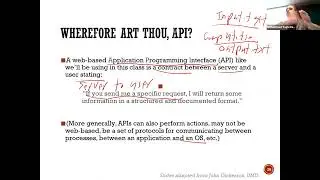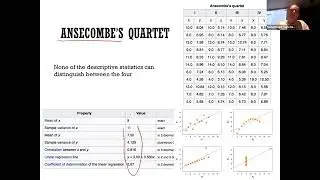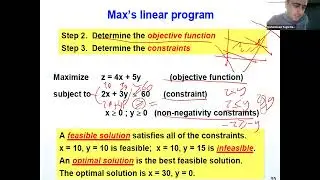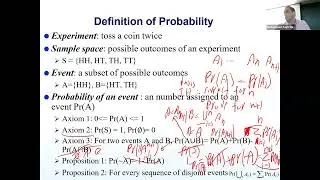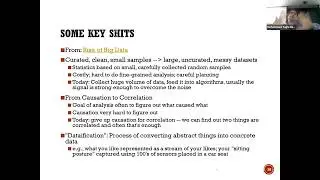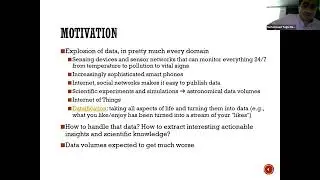Lesson 2: Computational Game Theory by Mohammad Hajiaghayi: Introduction to Probability Theory Part1
In this session, we talk about introduction to the probability theory which plays a very important role in game theory. In our last session, we explored the foundational concepts of Game Theory and its vast applications, particularly in areas like advertising and healthcare, which are multi-trillion-dollar markets. Understanding these applications can lead to significant savings and profits, as even small improvements in efficiency can have massive impacts. We also discussed how small changes in game assumptions can dramatically alter outcomes, as demonstrated by our classroom exercise with the "chocolate game," which was later modified to the "carrot game."
This session, we delved into the mathematics that underpin Game Theory, focusing on probability theory. Probability theory is crucial for understanding how to formulate and predict outcomes in various strategic interactions. For instance, we examined how algorithms determine which advertisements to display and the cost associated with them, as seen in platforms like Amazon and Google. These mathematical foundations are essential for grasping more complex concepts in Game Theory, such as equilibrium and normal form games.
Going forward, we'll continue to build on these basic mathematical concepts and apply them to more intricate game scenarios. We discussed the importance of A/B testing in making data-driven decisions, especially in high-stakes environments where incorrect predictions can result in significant financial losses. By studying probability and conditional independence, we gain insights into how different events and decisions influence each other, which is fundamental to mastering Game Theory.
#GameTheory, #ComputationalGameTheory, #StrategicAgents, #ComputationalStrategies, #SelfishAgents, #Economics, #StrategicInteractions, #MultiTrillionDollarMarkets, #Efficiency, #ProbabilityTheory, #ABTesting, #Mathematics, #Algorithms, #ConditionalIndependence, #DataDrivenDecisions








